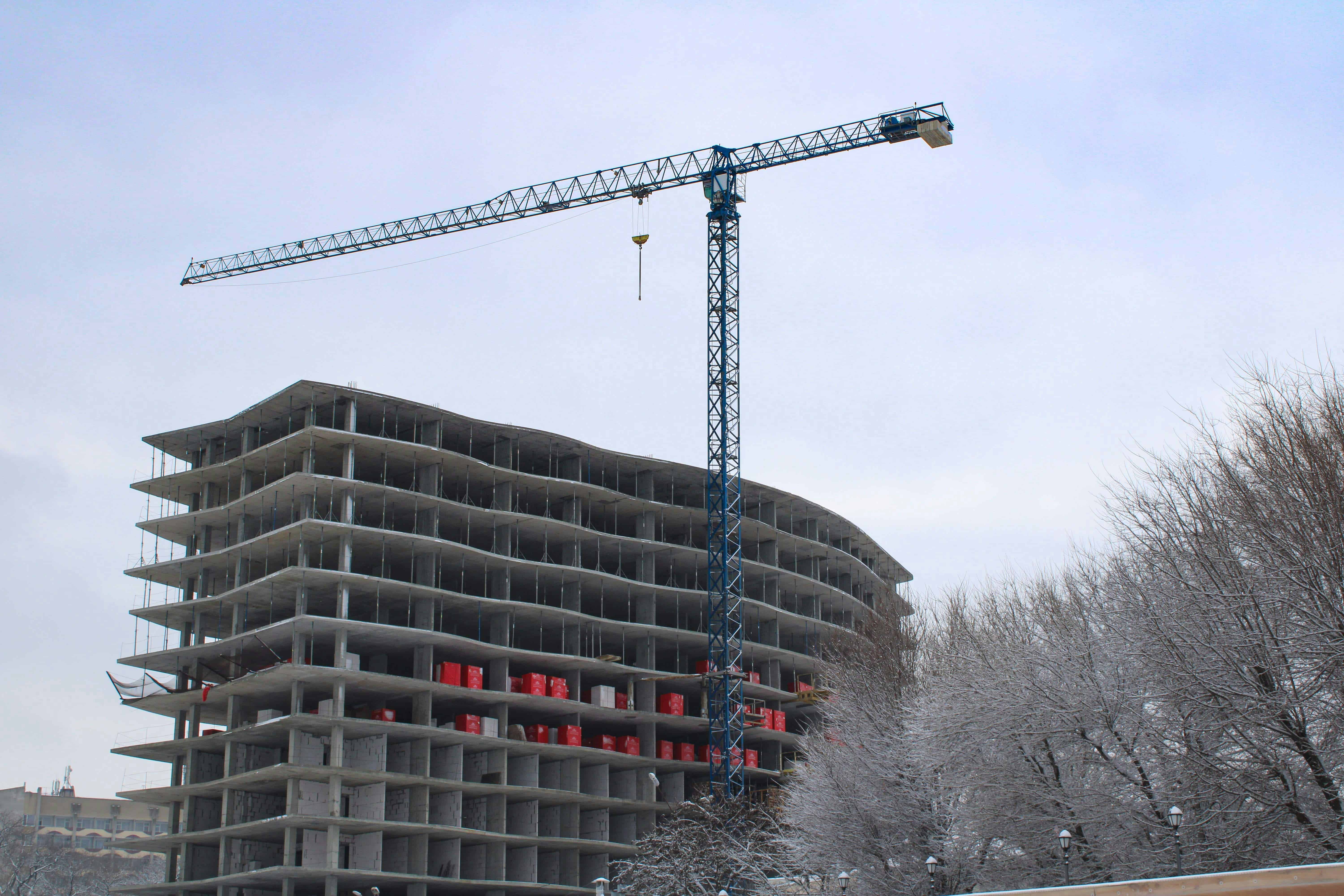The Importance of Sustainability in Construction
- sustentabilidade

22 August, 2024
Sustainability in construction has become a central topic in the industry due to the increasing focus on reducing environmental impact and the efficient use of resources. As the construction sector continues to expand, it is crucial to adopt sustainable practices that not only benefit the environment but also promote economic and social well-being.
In this article, we will explore the importance of sustainability in construction machinery and how it can transform the future of the industry.
What is Sustainability in Construction?
Let’s start with the basics. Sustainability in construction refers to the implementation of practices that minimize environmental impact and maximize resource efficiency throughout the entire lifecycle of a project. This includes everything from material selection to waste management, energy consumption, building design, and even construction machinery.
But what does this mean? Let’s take a look!
-
Efficient Use of Resources: This involves reducing the use of non-renewable materials and opting for those that are recyclable or have a low environmental impact.
-
Energy and Water: Adopting technologies that reduce energy and water consumption, such as renewable energy systems and rainwater harvesting techniques.
-
Waste Management: Implementing strategies to minimize waste generation and maximize its reuse and recycling.
Economic Benefits of Sustainability in Construction
Adopting sustainable practices in construction is not only beneficial for the environment but can also generate significant economic advantages for companies, such as:
1. Reduction of Operational Costs
Sustainability in construction can lead to a significant reduction in long-term operational costs. Sustainable buildings are often more efficient in terms of energy and water, resulting in lower utility bills.
2. Increase in Property Value
Projects that incorporate sustainable practices often have a higher market value. Buyers and tenants are increasingly interested in properties that offer environmental and economic benefits.
-
Environmental Certifications: Buildings with certifications such as LEED (Leadership in Energy and Environmental Design), an international certification system that assesses and recognizes the sustainability of buildings and constructions, can attract buyers willing to pay more for efficiency and sustainability.
-
Market Demand: Growing environmental awareness drives demand for sustainable buildings, increasing their long-term value.
3. Reduction of Carbon Footprint
One of the main goals of sustainability is to reduce the carbon footprint of construction projects. This is achieved by adopting practices that reduce greenhouse gas emissions. Here are some examples:
-
Sustainable Materials: Using materials with a lower carbon footprint, such as certified wood and recycled materials.
-
Efficient Transportation: Reducing the need for transportation by using local materials and optimizing logistics.
4. Promotion of Social Well-being
Sustainability in construction also translates into benefits for local communities. Projects that consider social impact can improve residents' quality of life and create a healthier environment. How can you achieve this?
-
Green Spaces: Incorporating green areas into urban designs improves people's physical and mental well-being.
-
Safe Working Conditions: Implementing construction practices that prioritize workers' safety and well-being.
Challenges in Implementing Sustainability in Construction
Despite the numerous benefits, it is also important to consider that implementing sustainable practices in construction presents certain challenges that need to be addressed. Some of these are:
1. Initial Costs
One of the main challenges is the initial cost associated with adopting sustainable technologies and materials. Although these costs can be recovered in the long term, they represent a significant barrier for many projects.
-
Advanced Technology: The cost of sustainable technologies can be high, which may deter companies from adopting them.
-
Investment in Training: Workers need to be trained to use new techniques and materials, which involves additional costs.
2. Resistance to Change
The construction industry often struggles to adapt to new practices, and resistance to change can hinder the adoption of sustainability. Some of the reasons include:
-
Lack of Knowledge: Many professionals are unaware of the benefits and opportunities that sustainability offers.
-
Regulations and Policies: The lack of clear regulations or government incentives can limit the implementation of sustainable practices.
The Future of Sustainability in Construction
As awareness of climate change and the need to protect the environment grows, sustainability in construction becomes a priority for the future of the industry.
1. Innovation and Technology
Innovation and technology will play a key role in transforming construction towards sustainability. New materials, construction techniques, and energy management technologies are rapidly emerging. This can be seen through:
-
Innovative Materials: The development of sustainable materials, such as recycled concrete and
-
laminated wood, is changing the way buildings are constructed.
-
Green Technologies: The use of renewable energy and smart building management systems is making constructions more efficient and sustainable.
2. Regulations and Policies
Government regulations and policies are likely to become stricter concerning sustainability in construction. This will force companies to adopt more eco-friendly and responsible practices.
-
Government Incentives: Governments can offer financial incentives to encourage sustainable construction.
-
Stricter Regulations: Implementing more rigorous regulations on energy efficiency and waste management will be key to advancing towards a more sustainable future.
In conclusion, sustainability in construction is not just a trend but an imperative necessity to ensure a viable future for our industry and the planet.
Choosing the best construction machinery and adopting sustainable practices offer economic, social, and environmental benefits that will transform the way we build. It is time for the construction industry to fully commit to sustainability and embrace the opportunities it offers.
